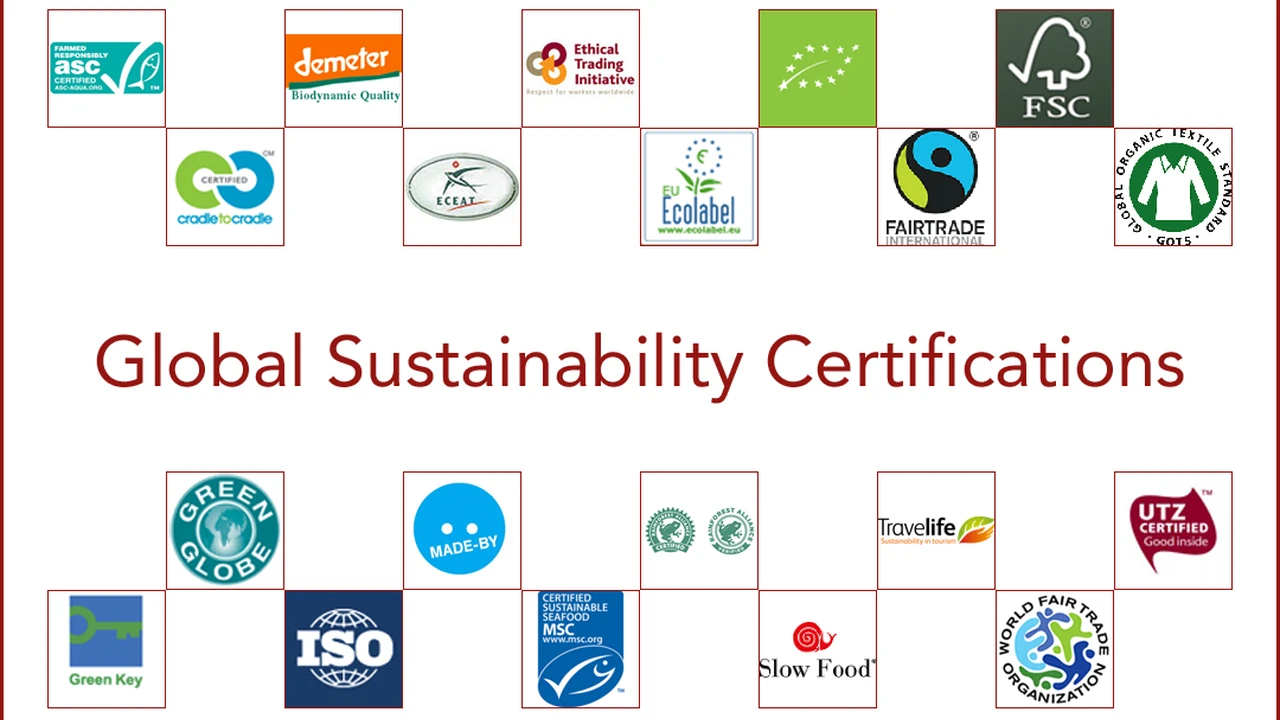Travel Hacking for Beginners
Learn how to get started with travel hacking and learn how to travel for free or at a discounted price. Discover tips for earning points, redeeming rewards, and maximizing your travel benefits. Become a travel hacking pro.

What is Travel Hacking and Why Bother
Okay, so you've heard the term \"travel hacking\" thrown around, but what does it *really* mean? Essentially, it's about strategically leveraging credit card rewards, airline miles, hotel points, and other loyalty programs to significantly reduce the cost of your travel – or even travel for free! Think of it as a game, and the prize is seeing the world without emptying your bank account. Why bother? Well, imagine flying business class to Bali for the price of an economy ticket, or staying in luxurious hotels without paying a dime. That's the power of travel hacking.
Credit Card Rewards: Your Travel Hacking Foundation
Credit card rewards are the cornerstone of most travel hacking strategies. The key is to find cards that offer generous sign-up bonuses and rewards on everyday spending. But remember, *always* pay your balance in full and on time to avoid interest charges, which will negate any rewards you earn. Treat your credit card like a debit card, only spending what you can afford to pay off each month.
Best Travel Credit Cards for Beginners: A Comparison
Let's dive into some specific cards that are great for beginners, focusing on the US market:
- Chase Sapphire Preferred Card: This is often considered the go-to card for beginners. It offers a solid sign-up bonus (usually around 60,000 points after meeting a spending requirement), earns 2x points on travel and dining, and 1x point on everything else. The points are flexible and can be transferred to various airline and hotel partners. It also includes travel insurance benefits. The annual fee is around $95. Ideal for those who spend a lot on dining and travel.
- Capital One Venture Rewards Credit Card: This card offers a straightforward rewards structure, earning 2x miles on every purchase. It also has a generous sign-up bonus. The miles can be redeemed for travel purchases or transferred to partner programs. The annual fee is also around $95. A good choice for those who prefer simplicity and don't want to worry about bonus categories.
- American Express Gold Card: If you spend a lot on groceries and dining, this card could be a winner. It earns 4x points at US supermarkets (on up to $25,000 per year in purchases, then 1x) and at restaurants worldwide. It also offers a sign-up bonus. This card has the highest annual fee of these options, but if you maximize the bonus categories, it can easily pay for itself.
A Quick Comparison Table:
| Card | Sign-Up Bonus (Approximate) | Rewards Rate | Annual Fee | Best For |
|---|---|---|---|---|
| Chase Sapphire Preferred | 60,000 points | 2x travel & dining, 1x everything else | $95 | Travelers who dine out frequently |
| Capital One Venture Rewards | 75,000 miles | 2x on all purchases | $95 | Simple rewards, no bonus categories |
| American Express Gold Card | 60,000 points | 4x US supermarkets & restaurants | $250 | High spenders on groceries and dining |
Important Note: Sign-up bonuses and rewards rates can change, so always check the card's website for the most up-to-date information.
Airline Miles: Earning and Redeeming for Free Flights
Airline miles are another powerful tool in the travel hacker's arsenal. You can earn miles by flying, using airline-branded credit cards, and through various partnerships. The key is to understand how to redeem them for the best value. A good rule of thumb is to aim for at least 1.5 cents per mile when redeeming for flights. This means a flight costing $150 should ideally cost no more than 10,000 miles.
Hotel Points: Luxurious Stays on a Budget
Similar to airline miles, hotel points can unlock incredible value. Many hotel chains offer generous loyalty programs with points that can be redeemed for free nights. Look for sign-up bonuses on hotel-branded credit cards to quickly accumulate points. Consider brands like Marriott Bonvoy, Hilton Honors, and World of Hyatt.
Maximize Your Spending: Bonus Categories and Strategic Spending
Pay attention to bonus categories on your credit cards. Many cards offer higher rewards rates on specific categories like gas, groceries, dining, or travel. Plan your spending accordingly to maximize your rewards. For example, use your Chase Sapphire Preferred card for dining and travel, your Amex Gold for groceries, and another card with a higher gas reward rate for gas purchases.
Utilizing Travel Portals: Booking Flights and Hotels with Points
Many credit card issuers have online travel portals where you can redeem your points for flights, hotels, and car rentals. These portals often offer competitive rates and can be a convenient way to book travel. However, always compare prices with booking directly through the airline or hotel's website to ensure you're getting the best deal. Sometimes transferring points to airline or hotel partners will offer a better redemption value.
Manufactured Spending: Advanced Techniques (Use with Caution!)
Manufactured spending involves using your credit card to purchase items that can be easily converted back into cash, effectively generating points without actually spending money. This can include buying gift cards or using payment services like Plastiq. However, these techniques can be risky and may violate the terms and conditions of your credit card agreement. Proceed with caution and do your research before attempting manufactured spending. Banks are cracking down on these strategies, and you risk having your account shut down.
Travel Hacking Tools and Resources: Apps and Websites You Need
Here are some essential tools and resources to help you on your travel hacking journey:
- AwardWallet: A free service that tracks your loyalty program balances. This helps you stay organized and avoid losing points due to inactivity.
- Point.me: Paid service that helps you find award availability on airlines. It searches across multiple airlines to find the best redemption options.
- The Points Guy (thepointsguy.com): A popular website with news, reviews, and tips on credit cards, travel rewards, and loyalty programs.
- Doctor of Credit (doctorofcredit.com): A comprehensive resource for information on credit card deals, bank bonuses, and other financial promotions.
Mistake Fares: Catching Lucky Breaks
Sometimes, airlines accidentally publish fares that are significantly lower than they should be. These are known as \"mistake fares\" or \"error fares.\" If you're lucky enough to find one, book it quickly! Airlines are not always obligated to honor mistake fares, but it's worth a shot. Websites like Secret Flying and Scott's Cheap Flights often post about mistake fares.
Leveraging Airline Alliances: Connecting Flights and Maximizing Miles
Airlines often partner with each other in alliances like Star Alliance, Oneworld, and SkyTeam. This allows you to earn and redeem miles on flights operated by different airlines within the same alliance. For example, if you're a United MileagePlus member (Star Alliance), you can earn miles when flying on Lufthansa or Singapore Airlines. This can be a great way to accumulate miles and unlock more travel options.
Flexibility is Key: Being Open to Different Destinations and Dates
The more flexible you are with your travel dates and destinations, the easier it will be to find good deals and maximize your rewards. Be open to traveling during off-peak seasons or to destinations that are less popular. This will increase your chances of finding award availability and lower fares.
Don't Forget the Fine Print: Reading Terms and Conditions
Always read the terms and conditions of credit card offers and loyalty programs. Pay attention to annual fees, spending requirements, rewards rates, and expiration dates. Understanding the fine print will help you avoid surprises and maximize your benefits.
:max_bytes(150000):strip_icc()/277019-baked-pork-chops-with-cream-of-mushroom-soup-DDMFS-beauty-4x3-BG-7505-5762b731cf30447d9cbbbbbf387beafa.jpg)






